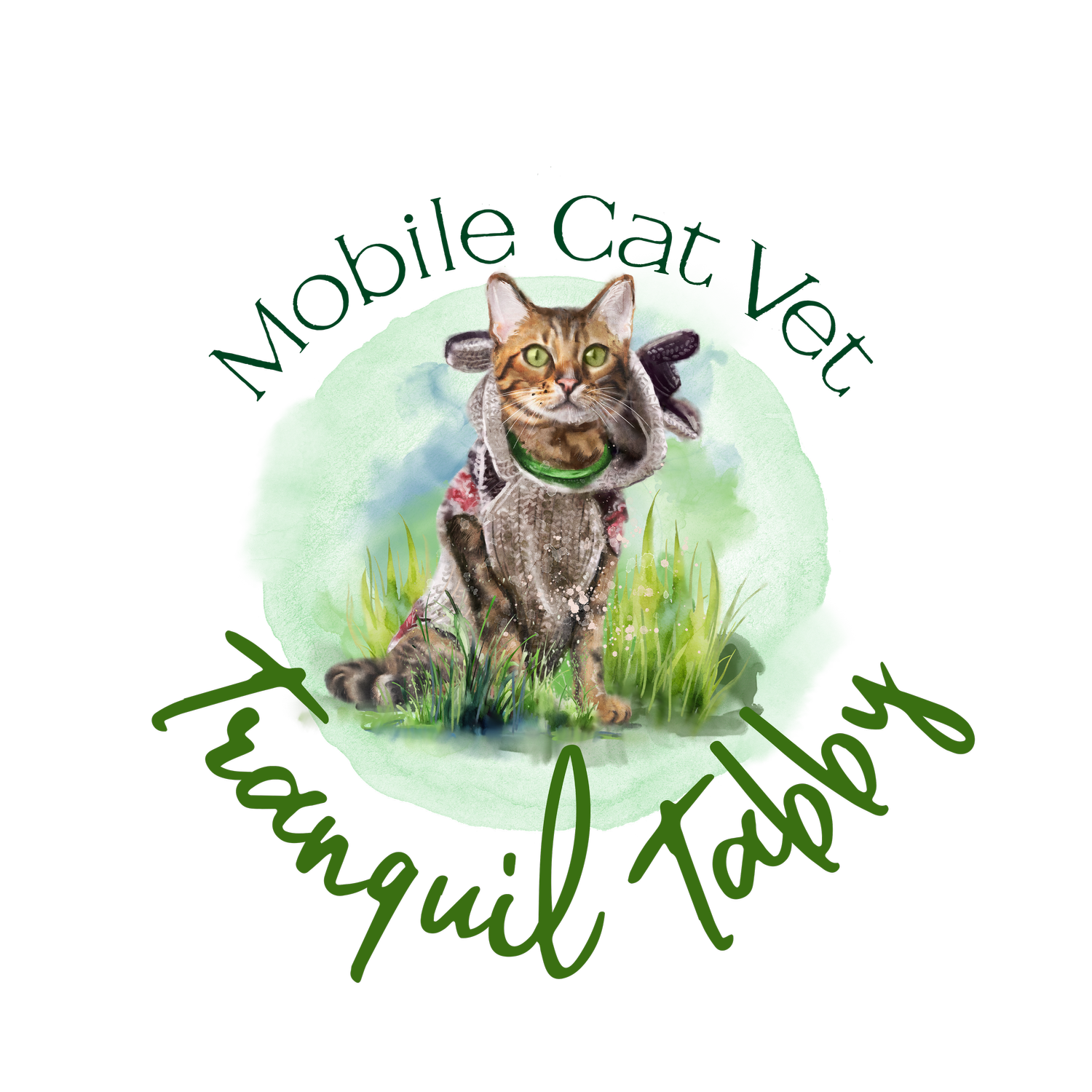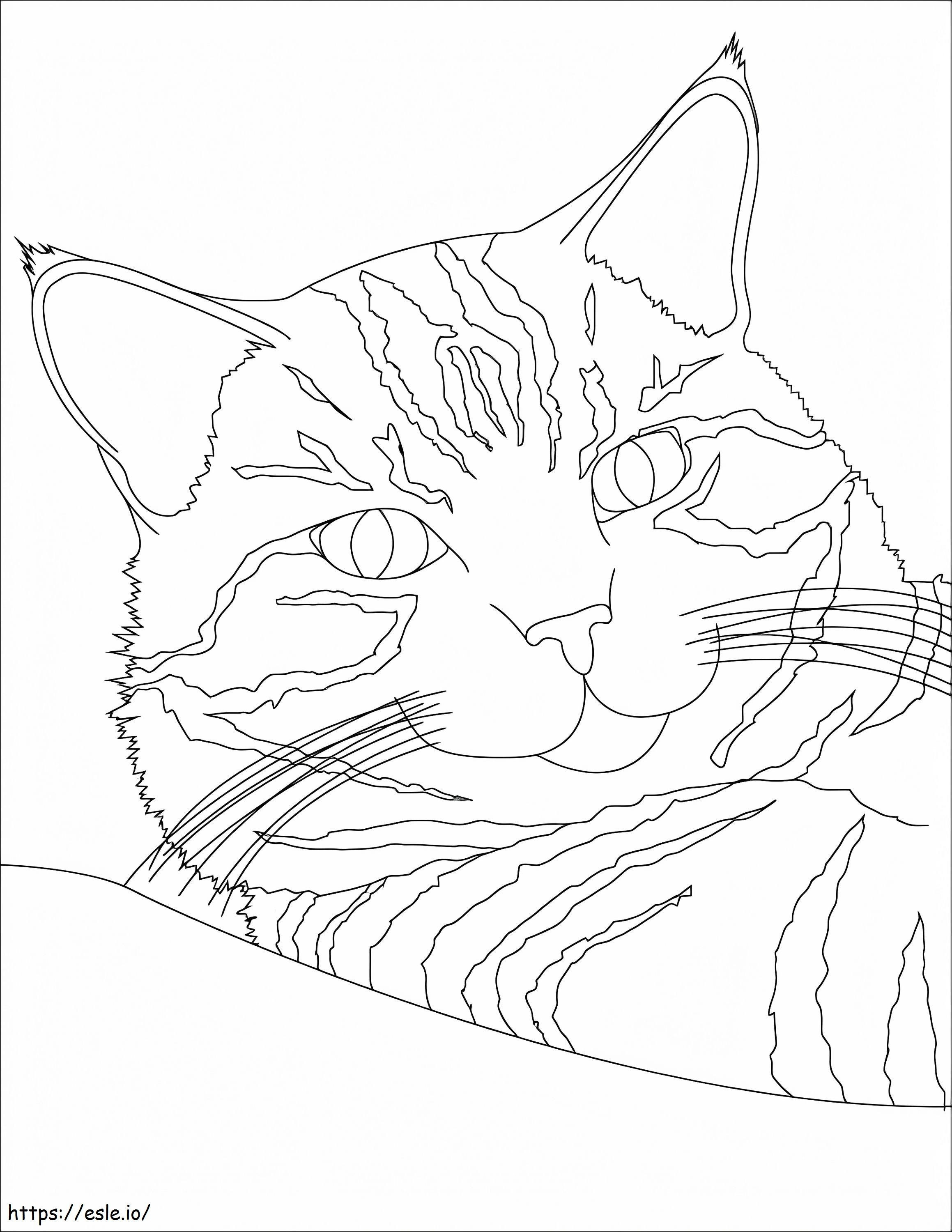Understanding The Mystery Of Tabby Ebony Farts: Causes, Myths, And Solutions
Have you ever wondered why your tabby ebony farts so often? This peculiar phenomenon has intrigued cat owners and veterinarians alike. Whether you're a seasoned cat parent or a new adopter, understanding the reasons behind these frequent emissions can help you ensure your pet's health and comfort. From dietary triggers to underlying health conditions, there’s much to explore about this curious topic.
Tabby ebony farts, while seemingly humorous, can sometimes indicate more serious issues. Cats, like humans, experience gas buildup due to various reasons, including their diet, stress levels, and even their unique digestive systems. It’s essential to differentiate between normal occurrences and signs of potential problems. By the end of this article, you’ll be equipped with the knowledge to address this issue confidently and compassionately.
In this comprehensive guide, we’ll delve deep into the causes, misconceptions, and remedies surrounding tabby ebony farts. You’ll learn how to identify warning signs, implement dietary changes, and even consult a veterinarian if necessary. This article is crafted to provide you with trustworthy, actionable insights while meeting the highest standards of SEO optimization to ensure it reaches cat lovers worldwide. Let’s unravel the mystery together!
Read also:Stephanie Sheh A Comprehensive Guide To Her Career Achievements And Influence
Table of Contents
- What Causes Tabby Ebony Farts?
- Can Diet Affect Your Cat's Gas?
- How to Identify Unusual Flatulence in Cats
- Common Misconceptions About Cat Farts
- What Should You Feed Your Tabby Ebony?
- Is Flatulence a Sign of Health Issues?
- How to Manage Tabby Ebony Farts Effectively
- Frequently Asked Questions About Tabby Ebony Farts
What Causes Tabby Ebony Farts?
Understanding the root causes of tabby ebony farts is the first step toward addressing this issue. Cats are known for their sensitive digestive systems, and several factors can contribute to excessive gas. One of the primary culprits is their diet. Foods high in fiber, certain carbohydrates, and even dairy products can lead to increased flatulence in cats. Since tabby ebony cats are particularly active and curious, they might ingest substances that don’t agree with their stomachs, leading to gas buildup.
Another factor to consider is the speed at which your cat eats. Cats that gobble their food too quickly tend to swallow air along with their meals, which can result in more frequent farts. Stress and anxiety can also play a role. Cats are creatures of habit, and any sudden changes in their environment—such as moving to a new home or introducing a new pet—can upset their digestive systems. Additionally, certain medical conditions, such as gastrointestinal disorders or food allergies, can cause excessive flatulence.
Finally, the anatomy of a cat’s digestive tract can contribute to this phenomenon. Cats have shorter intestines compared to humans, which means food moves through their system more quickly. This rapid digestion can sometimes lead to incomplete breakdown of nutrients, resulting in gas. By identifying these causes, you can take proactive steps to minimize tabby ebony farts and ensure your cat’s comfort.
Can Diet Affect Your Cat's Gas?
Yes, diet plays a significant role in the frequency and intensity of tabby ebony farts. Just like humans, cats can experience digestive discomfort when their diet isn’t balanced or suited to their needs. Here are some dietary factors to consider:
- Low-Quality Cat Food: Many commercial cat foods contain fillers like corn, wheat, and soy, which can be difficult for cats to digest. Switching to high-quality, grain-free options can make a noticeable difference.
- Human Food: Sharing table scraps with your cat might seem harmless, but certain human foods—like onions, garlic, and dairy—can upset their stomachs and lead to gas.
- Food Allergies: Some cats are allergic to specific ingredients, such as chicken or fish. Identifying and eliminating allergens from their diet can reduce flatulence.
It’s also important to monitor portion sizes and feeding schedules. Overfeeding can overwhelm your cat’s digestive system, leading to gas. On the other hand, underfeeding might cause them to eat too quickly, swallowing air in the process. A balanced diet tailored to your cat’s age, weight, and activity level is key to minimizing tabby ebony farts.
What Should You Avoid Feeding Your Cat?
To prevent excessive gas, avoid feeding your cat the following:
Read also:Discover The Enchanting World Of Cassandra Rose A Journey Into Artistry And Creativity
- Dairy products like milk and cheese
- High-fiber foods like beans and certain vegetables
- Fatty or greasy human foods
Instead, opt for lean proteins, easily digestible carbohydrates, and plenty of fresh water. Consulting a veterinarian for personalized dietary advice is always a good idea.
How to Identify Unusual Flatulence in Cats
While occasional flatulence is normal for cats, frequent or particularly foul-smelling gas could indicate an underlying issue. Here’s how to spot unusual flatulence:
- Frequency: If your tabby ebony is farting multiple times a day, it might be a sign of digestive trouble.
- Odor: Extremely foul-smelling gas can point to dietary issues or infections.
- Behavioral Changes: Cats experiencing discomfort may act lethargic, avoid their food, or show signs of pain.
Keep an eye on these symptoms and consult a veterinarian if they persist. Early intervention can prevent more serious health problems down the line.
Common Misconceptions About Cat Farts
There are several myths surrounding tabby ebony farts that need to be debunked. One common misconception is that cats don’t fart at all. While it’s true that cats are less vocal about their flatulence compared to dogs, they do experience gas. Another myth is that flatulence is always harmless. While occasional gas is normal, persistent or foul-smelling emissions can indicate dietary or health issues.
Do Cats Fart More Than Dogs?
Contrary to popular belief, cats don’t necessarily fart more than dogs. The difference lies in their vocalization and behavior. Dogs are more likely to draw attention to their gas, while cats tend to be quieter about it. However, both species experience flatulence for similar reasons, such as diet and digestion.
What Should You Feed Your Tabby Ebony?
Feeding your tabby ebony the right diet is crucial for minimizing flatulence. Here are some tips:
- Choose high-quality, protein-rich cat food.
- Avoid foods with artificial additives and preservatives.
- Incorporate probiotics to support gut health.
Is Flatulence a Sign of Health Issues?
Yes, excessive flatulence can sometimes indicate health problems like gastrointestinal disorders or food intolerances. If your cat’s gas is accompanied by vomiting, diarrhea, or weight loss, it’s time to see a vet.
How to Manage Tabby Ebony Farts Effectively
Managing tabby ebony farts involves a combination of dietary adjustments, stress reduction, and regular vet check-ups. By addressing the root causes, you can ensure your cat stays healthy and comfortable.
Frequently Asked Questions About Tabby Ebony Farts
Why Does My Cat Fart So Much?
Excessive flatulence in cats can be caused by diet, eating habits, or underlying health issues.
Can Stress Cause My Cat to Fart?
Yes, stress and anxiety can upset your cat’s digestive system, leading to increased gas.
When Should I See a Vet?
Consult a veterinarian if your cat’s flatulence is frequent, foul-smelling, or accompanied by other symptoms like vomiting or lethargy.
In conclusion, understanding and managing tabby ebony farts requires a holistic approach. By paying attention to your cat’s diet, behavior, and overall health, you can minimize flatulence and ensure your furry friend leads a happy, healthy life.
For more information on feline health, visit the ASPCA’s cat care guide.
Discovering The Magic Of Kali Roses Starlight: A Celestial Journey
Natalie Gauvreau Tits
Who Is Carla Brasil Tranny? Unveiling The Life And Journey Of A Rising Star

Tranquil Tabby Mobile Cat Vet

Tabby Cat coloring page